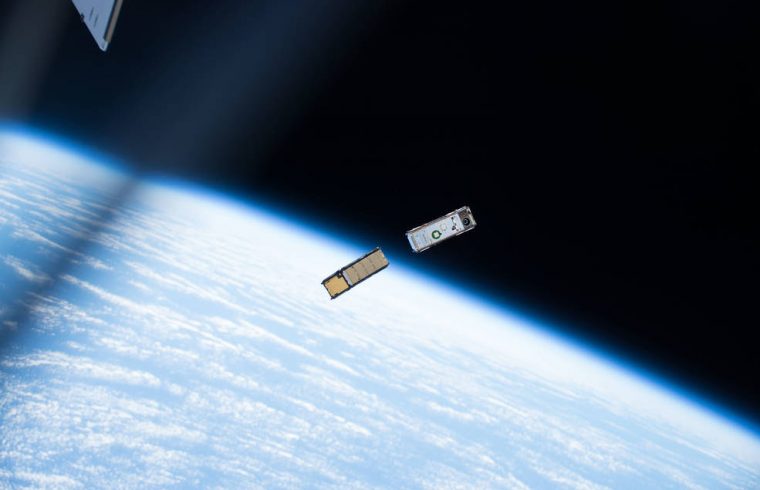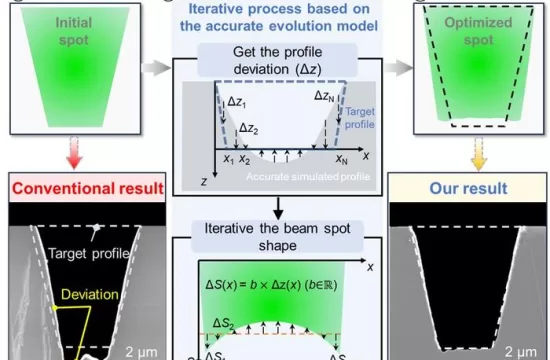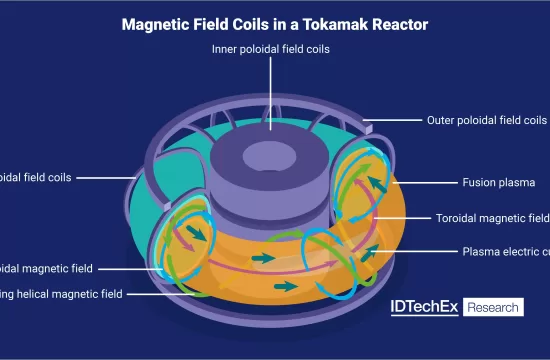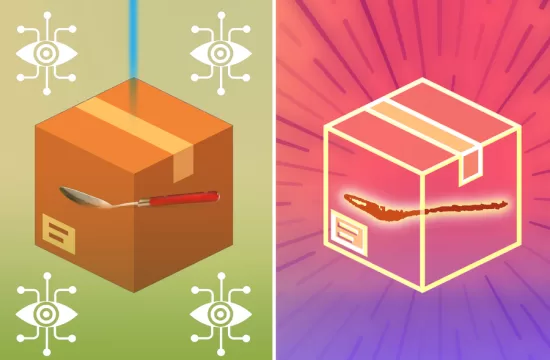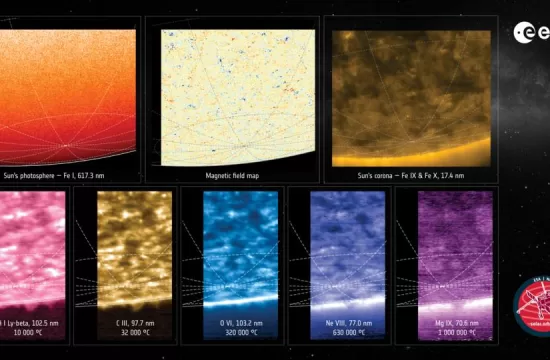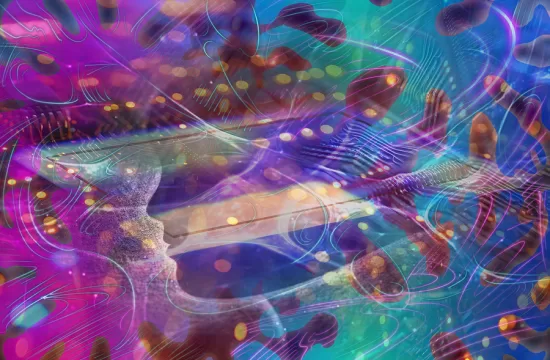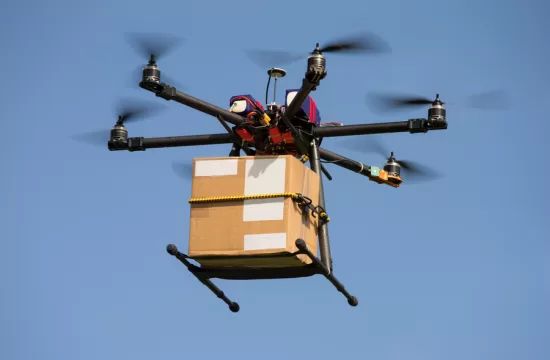NASA has awarded $90,000 each to seven entrepreneurial startup companies under its Entrepreneur’s Challenge program. The awards will advance new technology concepts ranging from novel materials with properties not found in nature to innovative technologies that will enable small satellite (SmallSat) science missions.
In Entrepreneur’s Challenge, NASA has selected Morpheus Space of Los Angeles, Nebula Compute of San Diego, OAM Photonics of San Diego, Zephyr Computing of Oakland, California, Multiscale Systems of Worcester, Massachusetts, Niobium Microsystems of Dayton, Ohio, and Resilient Computing of Bozeman, Montan.
“We face audacious technical challenges to accomplish our NASA science goals,” said Florence Tan, acting Science Mission Directorate chief technologist at NASA Headquarters in Washington. “Entrepreneurs can bring a diversity of groundbreaking ideas, concepts, and innovations that are relevant to our science goals. We want to invest in breakthrough technologies that will lead to revolutionary science discoveries. This program is a wonderful way to keep those ideas coming into our technology development programs.”
NASA partnered with Starburst Aerospace in San Francisco, California, to launch the Entrepreneur’s Challenge, which aims to engage U.S.-based entrepreneurs. The program seeks fresh ideas in technology that could advance the agency’s science goals to explore and understand the solar system and beyond. The challenge also seeks to increase the number of entrepreneurial companies participating in the agency’s technology portfolio.
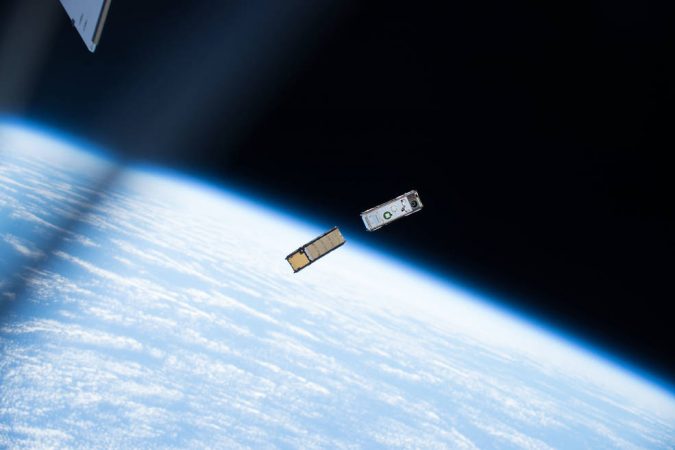
NASA says selected companies will focus on SmallSat technologies including advanced sensors, high-speed electronic systems, and the capability to autonomously recognize science phenomena in space and respond as needed, Sensors made of metamaterials – manufactured materials with properties not found in nature – to detect and observe their surroundings at dramatically reduced size, weight, power, and cost and Instruments to detect biomarkers or that can determine evidence of habitability on ocean worlds.
Administered by NASA’s Science Mission Directorate, the competition was conducted in two rounds. In the first, companies nationwide submitted 44 submissions. A NASA judging panel selected 10 companies from the three focus areas to each receive a $10,000 award.
In the second, the participants refined their concepts, developed detailed white papers, and gave presentations to the same panel of judges. The panel selected seven of the companies from two of the focus areas to receive an additional $80,000 in prize funding.

